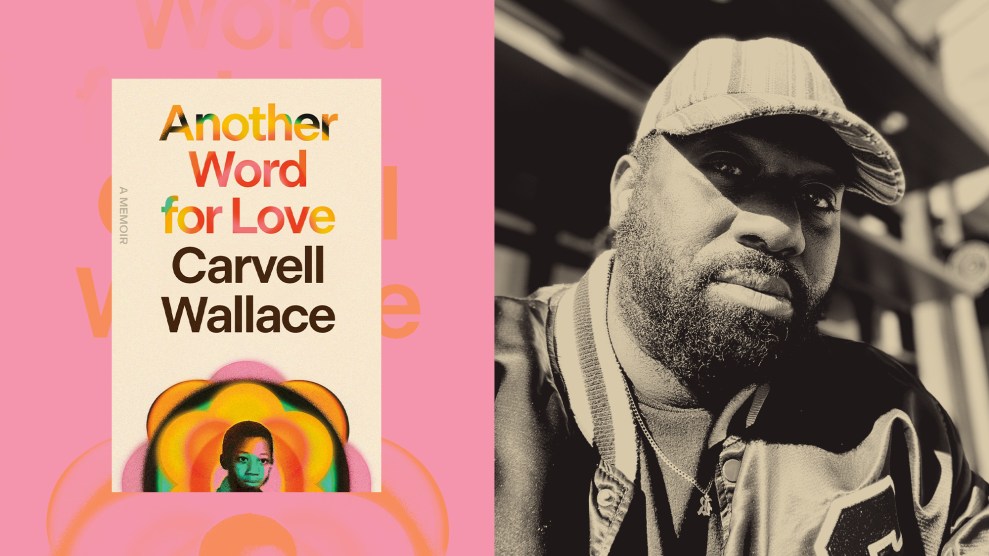The quadrennial carnival we endured last year was yet another reminder that American politics and culture have become an indiscriminate dissemination of junk-information. And just as politicians pleaded for your votes last summer, this summer many new books will appeal for your reading time. Some will be topical, some even hip. Most will be diverting.
The following is a list of twenty books, none of which are new. You’ve probably heard of most of them and may have read one or more. If you’re looking for a good, solid read (or more than one) this summer, something that will nourish as well as entertain, you won’t go wrong with any of these.
Nonfiction
Donald Bartlett and James Steele, America: What Went Wrong? (Andrews and McMeel). Two first-rate reporters deliver a gutsy account of the real-life impact of trickle-down economics.
Robert Bellah, et al., Habits of the Heart (Harper Perennial). Examining the conflict between individuality and community in America, Bellah offers a compelling case for citizen participation and volunteerism.
E. J. Dionne, Jr., Why Americans Hate Politics (Simon & Schuster). A perspective-restoring book for those who’ve responded to politicians’ trivialization of serious issues by dropping out of the political process.
Thomas Byrne Edsall, Chain Reaction: The Impact of Race, Rights and Taxes on American Politics (Norton). Edsall defuses emotional conflicts over the social issues that have polarized our society by putting the buzzwords into context.
Susan Faludi, Backlash: The Undeclared War Against American Women (Crown). A Pulitzer Prize-winning journalist exposes the antifeminist backlash in the media and political and legal establishments.
Marsha Kinder, Playing with Power in Movies, Television and Video Games (University of California Press). Kinder describes the inherent brutalities inflicted on our children by consumption of mass-media violence and commercialism.
Alex Kotlowitz, There Are No Children Here: The Story of Two Boys Growing Up in the Other America (Doubleday). This story of brothers from a Chicago housing project should serve as an antidote to the politics of hopelessness.
Jonathan Kozol, Savage Inequalities: Children in America’s Schools (Harper Perennial). For anyone puzzled over the causes of the L.A. riots, or concerned with public education, this is a must.
Bill Moyers, The Secret Government (Seven Locks Press). A careful indictment of the star-spangled buccaneers (several of them ex-presidents) who have perverted American foreign policy.
Daniel Yergin, The Prize (Touchstone). This history of the petroleum industry is about power, money, the international economy, war, labor strife, tycoons, greed, politicians—in short, the twentieth century.
Fiction
Isabel Allende, The House of the Spirits (Bantam). Allende examines the human consequences of the real-life CIA-inspired coup that overthrew Chile’s elected government in the early 1970s.
Russell Banks, Continental Drift (Ballantine). The themes of good and evil, fate and freedom, racism and poverty are explored through chapters alternating between a New Hampshire repairman who moves to Florida and a woman fleeing Haiti.
Wendell Berry, The Memory of Old Jack (Harcourt Brace Jovanovich). This portrait of a ninety-two-year-old Kentucky farmer offers keen insights into changing American feelings about the environment, the work ethic, material success, and the well-being of our communities.
E. L. Doctorow, The Book of Daniel (Bantam). A fictional account of the Rosenberg trial that shows how McCarthyism and militarism have distorted our national psyche.
Louise Erdrich, Love Medicine (Bantam). This multigenerational saga of two families in North Dakota offers insights into life for Native Americans, both on and off the reservation.
Ernest Hebert, The Dogs of March (Penguin). A blue-collar New England family struggles to cope after a plant closure. Required reading for anyone concerned with our nation’s industrial failures.
John Irving, The Cider House Rules (Bantam). Love, abortion, class, and Yankee common sense combine in this conciliatory expression of pro-choice and pro-life positions. A perfect gift for right-to-lifers open to a broader perspective.
Toni Morrison, Beloved (Plume). Winner of a Pulitzer Prize. An escaped slave struggles to transcend her past in post-Civil War Ohio.
John Nichols, The Magic Journey (Ballantine). Greed, power, development, and cultural genocide in the Sun Belt. Part of the author’s New Mexico trilogy, which includes The Milagro Beanfield War.
Jayne Anne Phillips, Machine Dreams (Pocket Books). Phillips chronicles the voices of small-town America from the Depression to Vietnam, providing a context for opposing military force.
Arthur I. Blaustein was chairman of President Carter’s National Advisory Council on Economic Opportunity and now teaches at the University of California, Berkeley. His most recent book is The American Promise—Equal Justice and Economic Opportunity.















